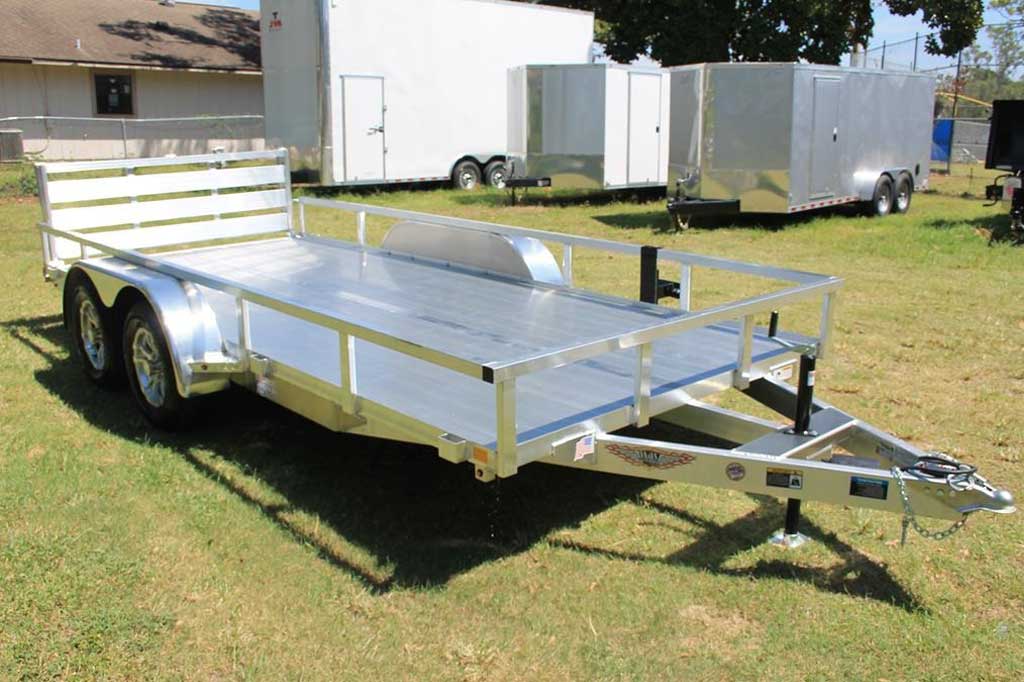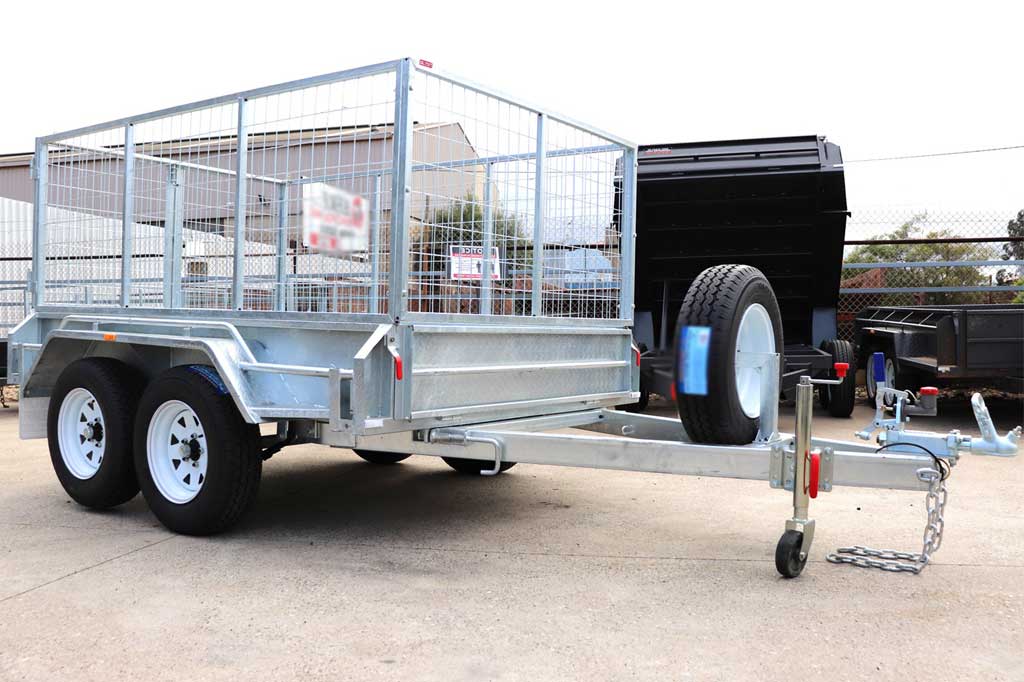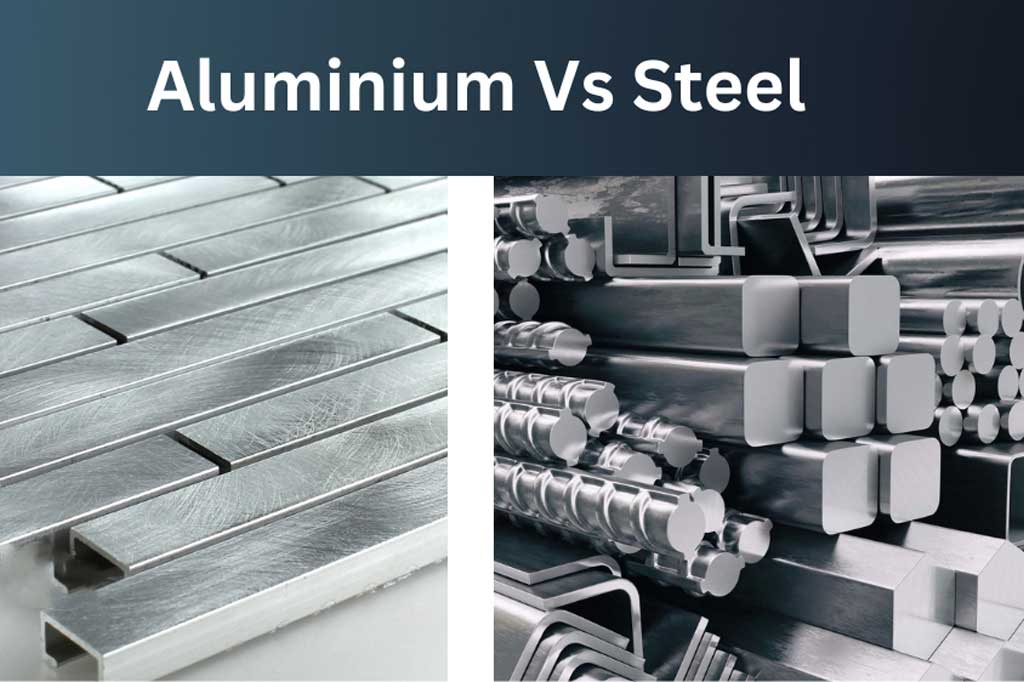When it comes to choosing the right material for trailers, the debate often centers around two prime contenders: aluminum and galvanised steel. Each material has its own advantages and disadvantages, tailored to different needs and applications. This article aims to delve into the specifics of aluminum and galvanised steel, providing a comprehensive comparison to help you make an informed decision for your trailer needs.
Durability and Strength
Galvanised steel, known for its robustness, is coated with a layer of zinc to protect it against rust. This makes it an excellent choice for building durable trailers. The galvanization process not only extends the lifespan of steel but also enhances its resistance to corrosion, a vital feature for trailers exposed to harsh weather conditions or used in salty environments, such as near the ocean.
Aluminum is known for its corrosion resistance without the need for additional treatments. Although not as strong as steel pound for pound, aluminum’s natural anti-rust properties make it a durable option for trailers. Its lightweight nature, however, means that aluminum trailers can be more susceptible to dents and damage from physical impact compared to their steel counterparts.

Weight and Fuel Efficiency
One of the most significant advantages of aluminum is its lightweight nature. Trailers made from aluminum are significantly lighter than those made from galvanised steel, which translates to higher fuel efficiency and easier towing. The lighter weight of aluminum trailers also means less wear and tear on the towing vehicle’s brakes, tires, and suspension.
Maintenance and Longevity
When it comes to maintenance, both materials have their merits. Galvanised trailers may require periodic inspections and maintenance to ensure the integrity of the zinc coating, especially if the trailer is regularly exposed to harsh conditions. Scratches to the galvanised coating can expose the steel underneath to the risk of rust, necessitating timely repairs.
Aluminum trailers, while generally low-maintenance due to their corrosion resistance, can suffer from oxidation, leading to a dull finish over time. However, this does not affect the structural integrity of the trailer and can be easily remedied with regular cleaning and polishing to restore its original shine.

Cost Considerations
This is another important factor to consider. Typically, aluminum trailers are more expensive than galvanised steel trailers due to the higher cost of aluminum as a material. However, this initial cost difference can be offset over the long term by the lower maintenance requirements and higher fuel efficiency offered by aluminum trailers.
Environmental Impact
From an environmental perspective, aluminum is often seen as the more sustainable option. It is highly recyclable, with the recycling process requiring only a fraction of the energy needed to produce new aluminum. This reduces the carbon footprint associated with aluminum trailers. Galvanised steel is also recyclable, but the process is more energy-intensive due to the need to remove the zinc coating before recycling the steel.
Making the Right Choice
The decision between aluminum and galvanised steel for a trailer material ultimately depends on your specific needs and priorities. If strength and cost-effectiveness are your primary concerns, galvanised steel may be the better option. However, if you prioritize weight, fuel efficiency, and lower long-term maintenance, aluminum could be the way to go.
